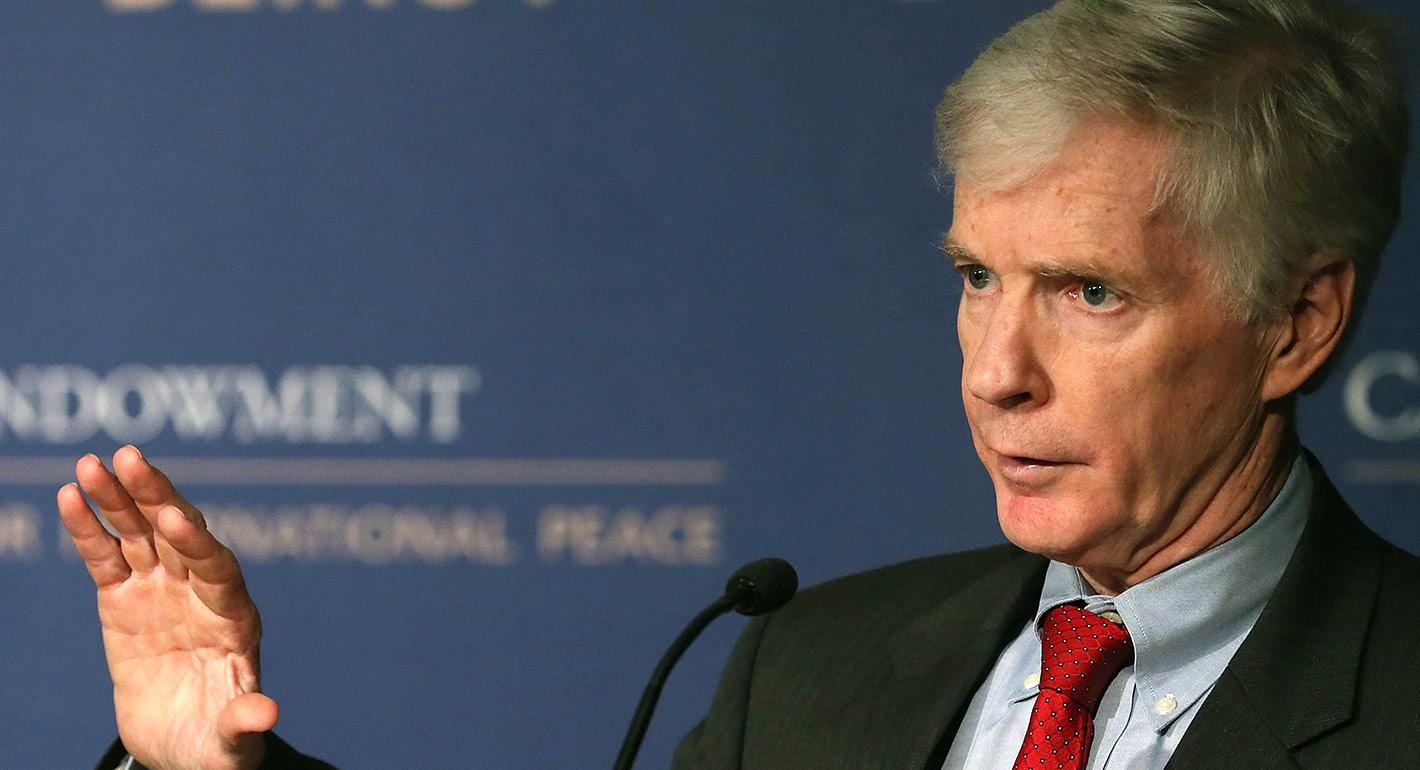During many years in the Middle East as a career Foreign Service officer, I lived in the present, dealing with today’s crises and opportunities with little time to reflect on the events of yesterday that may have shaped that moment, nor the tomorrow that I might be shaping through my actions. I look forward to my time at Carnegie as a chance to think more deeply about those yesterdays and tomorrows.
We are at a hinge point in history. For almost eight decades, the Middle East— where I spent virtually my entire career, including fifteen years as ambassador to six countries, three times for Republican administrations and three times for Democratic administrations—has been shaped by American postwar leadership, for better or worse. More recently, under both former U.S. president Barack Obama and President Donald Trump, that global and regional leadership has been called into question, not by global rivals but by America herself. The Trump administration’s actions have been dramatic: withdrawal from the Trans-Pacific Partnership, the Paris climate accord, and the Joint Comprehensive Plan of Action—the U.S.-led international effort to prevent Iran from developing nuclear weapons. But Obama had already questioned the United States’ leadership role, referring publicly to “so-called allies,” including partners in the Middle East like Egypt and Saudi Arabia, as well as accusing fellow NATO members of free riding.
Assuming that the United States is definitively moving away from a global leadership role, I hope to explore the likely consequences. I posit that there will be no single successor to U.S. leadership and that the default mechanism is likely to be a balance of power system. So what is wrong with that? That is what brought us two world wars and the Holocaust.
As one looks at the Greater Middle East since World War I and the collapse of the Ottoman Empire, one sees a highly diverse region that nevertheless exhibits several common characteristics. One is that the Middle East is probably the most interpenetrated region in the world. Beginning with Napoleon’s invasion of Egypt in 1798 and continuing through the American military presence in Afghanistan, Iraq, and Syria today, virtually every state in the region has been invaded and occupied by at least one Western power. This history has created a unique political culture that mingles local, national, regional, and international issues. How will this region evolve in a world without U.S. leadership?
A second and related factor over the same period is the problem of governance. From 1919 through today, Middle Eastern countries have suffered through a succession of regimes, few of which—in my view—have succeeded in bringing good governance to the peoples it ruled (with the unique exception of Israel). I call it the failure of “isms.” The good news is that the latest version, Islamism, is also failing. The bad news is that whatever succeeds it is highly unlikely to provide that elusive good governance. There is more to building a functioning democracy than thousands of smartphone lights in Tahrir Square. What impact is U.S. disengagement likely to have on this process? Also unclear is the impact of the coronavirus pandemic. What social and structural impacts is it likely to have in a region in which public health systems range from weak to nonexistent?
In all of this, I look forward to engaging with some of the finest minds in the country—my new colleagues at Carnegie. For me, it is the ideal environment for developing and applying great thoughts. I consider myself very lucky to have this association.
